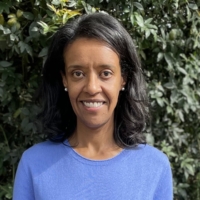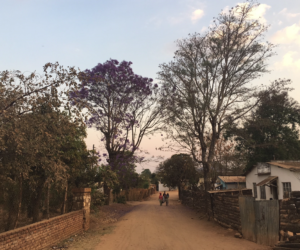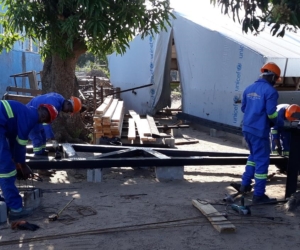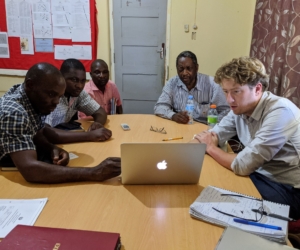Mokoro
Supporting international development
Aid effectiveness
Mokoro’s consultants are established experts in aid effectiveness and related issues of aid management and coordination. Our evidence-based approach is based on years of experience working with partner governments, donors and NGOs in a wide range of developing countries, as well as donor headquarters and partner government and agency networks. We emphasise that agency for aid coordination lies with the recipient government, and that aid needs to be seen as one aspect of overall resource management.
We work on aid effectiveness at the policy level, such as the revision of EC sector-wide approach guidance and DAC good practice guidelines on sector programming, as well as at the practical level where much of our evaluation work concerns aid effectiveness. We have a strong track record in the evaluation of aid modalities, including the OECD DAC joint evaluation of General Budget Support and recent studies of pooled funding for service delivery in fragile and conflict-afflicted states (for DFID) and for humanitarian responses (for WFP). We have also provided technical inputs tor the Rome, Paris, Accra and Busan High Level Forums. For Busan we supported analytical work on conditionality and predictability.
Over the past decade, we have contributed significantly to interpretative frameworks and research in the areas of aid management and aid effectiveness, such as an OECD stocktake on donor approaches to managing risk, and the CABRI Aid on Budget study which fed into what are now common frameworks used to assess and describe the risks associated with different aid modalities, and to analyse the use of country systems across the budget cycle.
Our clients in the area of aid effectiveness have included: AfDB, AsDB, CABRI, Danida, DFID, the EC, Irish Aid, Sida, the World Bank, and the World Food Programme.
Mokoro’s core consultants working in this field are:














